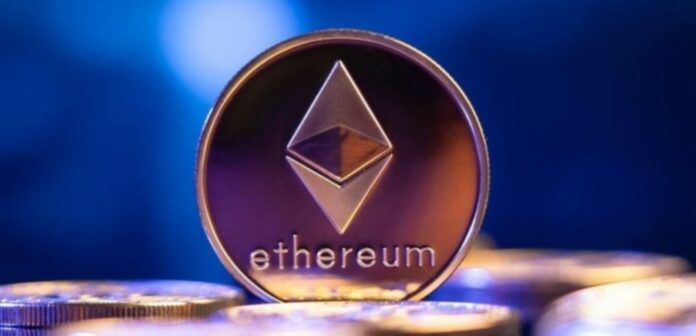Ethereum core developers are working on a new testnet called Holli to address issues related to the purchase of ETH on the blockchain’s test networks.
The Holli testnet will look to address the supply challenges faced by ETH on other Ethereum testnets and improve the overall testing environment.
The Holli Testnet
The Ethereum Foundation’s Tim Beiko has stated that core developers on Ethereum are planning a new testnet, slated to be launched later this year. According to Beiko, the testnet, dubbed Holli, is being launched to address the difficulties faced when trying to acquire ETH on Ethereum’s primary test networks, such as the Goerli testnet. Beiko tweeted about the Holli testnet, stating,
“A new testnet, Holli, is planned to launch later this year, and hopefully, we can figure out these things before then! I’ve made two suggestions on the repo, and I would love to hear from application layer devs about how we could better approach this!”
The Holli testnet’s release, expected to happen sometime later this year, will also look to improve the testing environment for client and application developers and node operators on Ethereum.
The Goerli Issue
Test networks, also called testnets, are essentially clone blockchains that are utilized for testing and experimental purposes. This allows developers to deploy and test any new applications, iron out bugs, and then deploy them on the mainnet. Ethereum currently features two primary testnets, Goerli and Sepolia.
Goerli is critical to Ethereum as it serves as the first and primary native multi-client testnet that is widely used by validators. However, the testnet’s distribution method for native ETH (GoETH) leaves a lot to be desired, according to Beiko. The problem lies in the fact that the distribution of the native GoETH rests with only a few validator entities. These entities distribute small amounts of GoETH through faucets to users on Twitter only after they pass a verification test. However, this method has raised some concerns about privacy and time consumption.
There have been attempts to address the rising developer complaints about acquiring GoETH. One such attempt was by the creators of the interoperability protocol layer Zero, who launched a cross-chain liquidity pool allowing users to acquire GoETH. However, this has raised concerns that it would impact the free nature of the Goerli testnet.
Sepolia’s Attempt To Address Supply Issue
The Sepolia testnet attempted to address the supply issue by utilizing a design that enabled validators on the testnet to mint the native Sepolia-ETH (SepETH). However, the Sepolia testnet is not open to permissionless validators, which means that a few entities could hoard the supply of SepETH.
As a result, Beiko and other core developers on Ethereum proposed the introduction of a new testnet that would help address supply issues and also provide developers and validators with a better testing environment. Beiko has also suggested automatic allocations to all developer addresses that have not deployed smart contracts on the existing testnets or Ethereum mainnet. This, according to Beiko, would make Holli-ETH much more accessible.
Disclaimer: This article is provided for informational purposes only. It is not offered or intended to be used as legal, tax, investment, financial, or other advice.
Credit: Source link





















 Bitcoin
Bitcoin  Ethereum
Ethereum  Tether
Tether  Solana
Solana  USDC
USDC  Lido Staked Ether
Lido Staked Ether  XRP
XRP  Toncoin
Toncoin  Dogecoin
Dogecoin  Cardano
Cardano  Shiba Inu
Shiba Inu  Avalanche
Avalanche  Wrapped Bitcoin
Wrapped Bitcoin  TRON
TRON  Bitcoin Cash
Bitcoin Cash  Polkadot
Polkadot  Chainlink
Chainlink  Polygon
Polygon  Internet Computer
Internet Computer  NEAR Protocol
NEAR Protocol  Litecoin
Litecoin  Uniswap
Uniswap  LEO Token
LEO Token  Dai
Dai  Aptos
Aptos  Ethereum Classic
Ethereum Classic  Mantle
Mantle  First Digital USD
First Digital USD  Stacks
Stacks  OKB
OKB  Filecoin
Filecoin  Cronos
Cronos  Stellar
Stellar  Cosmos Hub
Cosmos Hub  Renzo Restaked ETH
Renzo Restaked ETH  Render
Render  Bittensor
Bittensor  Arbitrum
Arbitrum  Immutable
Immutable  Hedera
Hedera  Maker
Maker  dogwifhat
dogwifhat  Injective
Injective  The Graph
The Graph  Ethena USDe
Ethena USDe  Optimism
Optimism  Wrapped eETH
Wrapped eETH 
